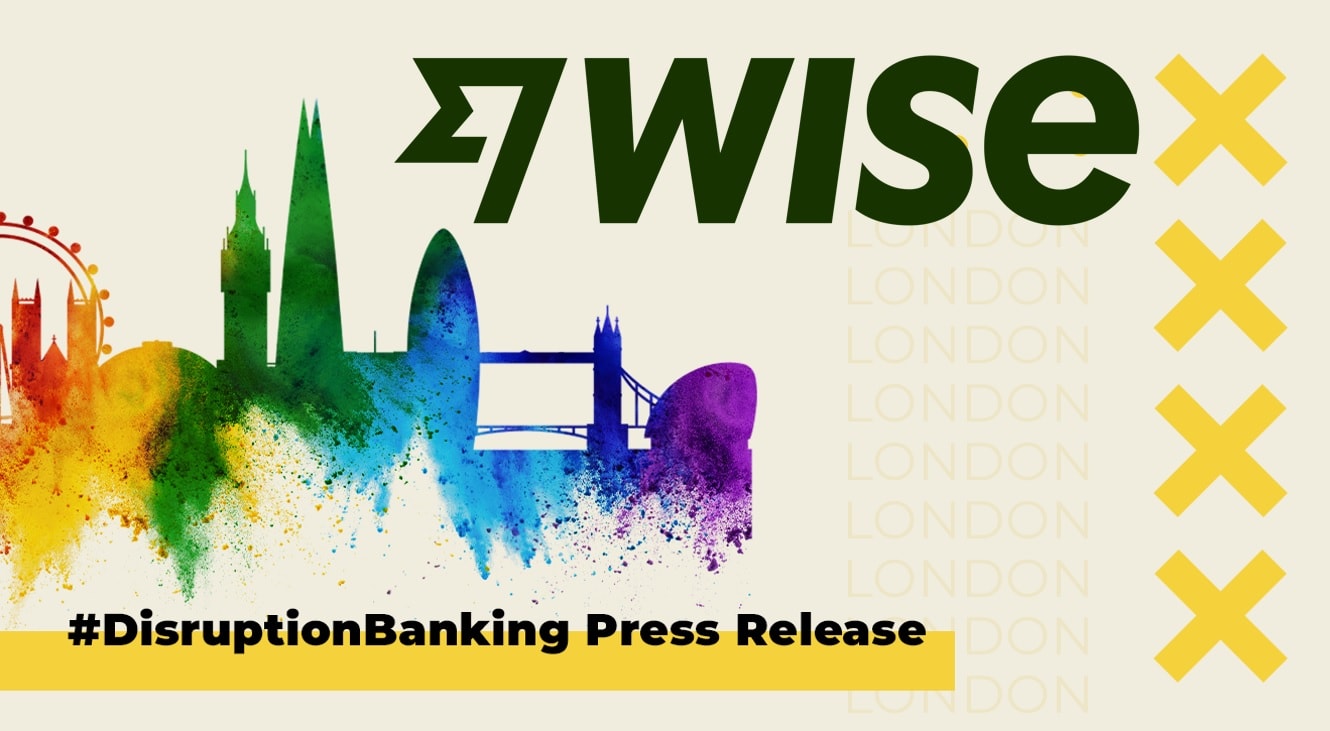Last week Disruption Banking reported that the global cryptoexchange Binance is facing questions over its alleged role in the funding of Hamas and other terrorist organisations. The increased scrutiny on Binance’s lax compliance activities, and the manner in which terrorist groups may have been able to take advantage of them, comes in the days after the outbreak of war between Israel and Hamas – a conflict which has so far claimed almost 5,000 lives.
The CFTC claims #Binance knew that #Hamas terrorists were using the platform to launder money but that they turned a blind eye.https://t.co/B3T0hMmosn
— #DisruptionBanking (@DisruptionBank) October 12, 2023
However, the blockchain consultancy firm Chainalysis released a report yesterday to refute what the organisation called “flawed analyses of terrorist groups’ use of cryptocurrency” and “to address some misconceptions.”
Chainalysis argued that “the unique transparency inherent in blockchain technology makes cryptocurrency particularly traceable and thus less suitable for illicit activities, including financing terrorism.” They believe that terrorist organisations are likely to continue using traditional, fiat-based methods of fundraising – such as taking advantage of loopholes and weaknesses in financial institutions, as well as the use of shell companies.
Because of crypto’s “unique transparency,” Chainalysis believe that tracing crypto-based terrorist financing activity could be relatively easy – if only governments had the technological knowhow to do so. “Government agencies and private sector organisations aimed with the right blockchain analysis solutions can collaborate to identify and disrupt the flow of funds,” the organisation wrote.
In recent days following the horrific terrorist attack by Hamas in Israel, we have seen overstated metrics and flawed analyses of terrorist groups’ use of cryptocurrency, and feel compelled to address some misconceptions. 🧵
— Chainalysis (@chainalysis) October 18, 2023
While Chainalysis argues that crypto offers unparalleled transparency, they do accept that the role of service providers and exchanges is key. That is because when somebody sends funds to a centralised exchange, such as Binance, the exchange pools their crypto and co-mingles it with the funds of other users. This means that once funds are deposited at a centralised exchange, it is no longer possible to trace the crypto to its final destination. Only the exchange itself knows where it has gone.
The attitude of cryptoexchanges to compliance and counter-terrorism financing (CFT) measures is therefore crucial. Some of the world’s largest exchange, such as Binance, have demonstrated questionable compliance practices in the past.
The Commodity Futures Trading Commission (CFTC) has argued in a civil lawsuit against Binance that its former Head of Compliance, Samuel Lim, received information in February 2019 “regarding Hamas transactions” but told a colleague that the terrorists were sending “small sums” and that only “large sums constitute money laundering.” The colleague replied that a terrorist “can barely buy an AK47 with 600 bucks.”
As you’re watching the attacks in Israel today by Hamas, remember that @binance helped fund these attacks and then joked about it. pic.twitter.com/g3CBJaPBy4
— Travis Kling (@Travis_Kling) October 7, 2023
Chainalysis noted that private sector organisations will therefore need to play an important role in shutting down crypto-related terrorism financing activity. “Conducting Know Your Customer (KYC) due diligence, as well as monitoring transactions for money laundering and sanctions risks using blockchain analysis solutions are crucial to preventing terrorists and other bad actors from using cryptocurrency.”
Author: Harry Clynch
#Crypto #Binance #Hamas #Compliance #Terrorism















